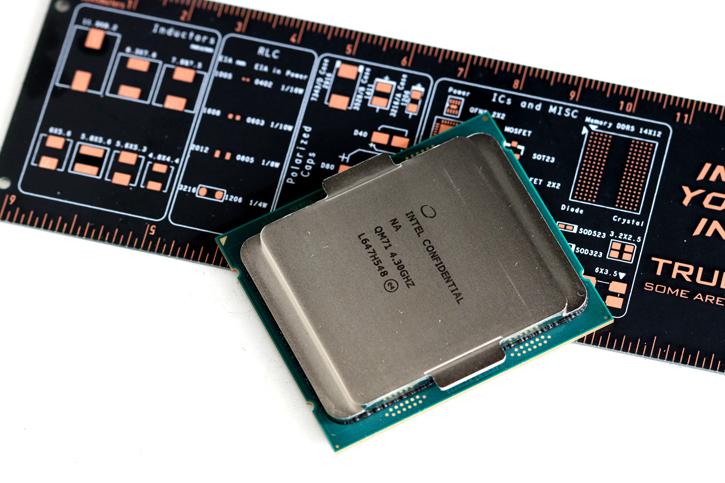In a discussion on its Earnings Call, Intel mentions it will release processors that are not susceptible to the Spectre and Meltdown vulnerabilities. The news reaches us today through Intel director Brian Krzanich, who maid the claim
"We are working on making silicon-based changes to future products that directly address the Specter and Meltdown threat in hardware, which will be released this year.", this obviously only involves new processors, not existing ones.
After three weeks, it is the first time that Intel even mentioned addressing the CPUs with a hardware fix. It remains unknown how Intel will make exactly those changes. Intel posted sales of more than $ 7 billion last quarter, and is in the quarterly earnings, an increase of 4 percent over the same period in 2016. Operating income was $ 5.4 billion, compared with EUR 4.5 billion. before.
"We've been around the clock with our customers and partners to address the security vulnerability know as Spectre and Meltdown. While we made progress, I'm acutely aware that we have more to do, we've committed to being transparent keeping our customers and owners appraised of our progress and through our actions, building trust."
According to Intel CEO Brian Krzanich. It is not clear when the adjusted hardware will appear exactly this year. The company recently promised that the vulnerability this month will be closed in all recent chips through software updates. However, the patches recently caused technical problems (random reboot issues).
Intel warns its investors against the "very dynamic conditions" within the company due to the processor vulnerabilities. Spectre and Meltdown are two security vulnerabilities that allow attackers to access sensitive information through a bypass with the processor. Meltdown affects Intel processors, while Spectre effects equipment from multiple manufacturers.
The company saw its turnover increase by a 6 percent in 2017 to a record level of $ 62.8 billion.


